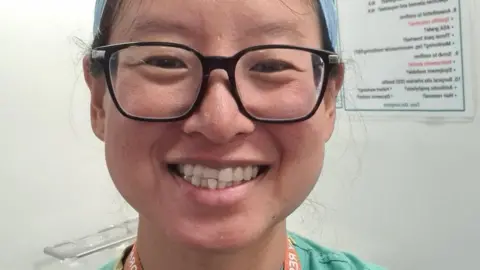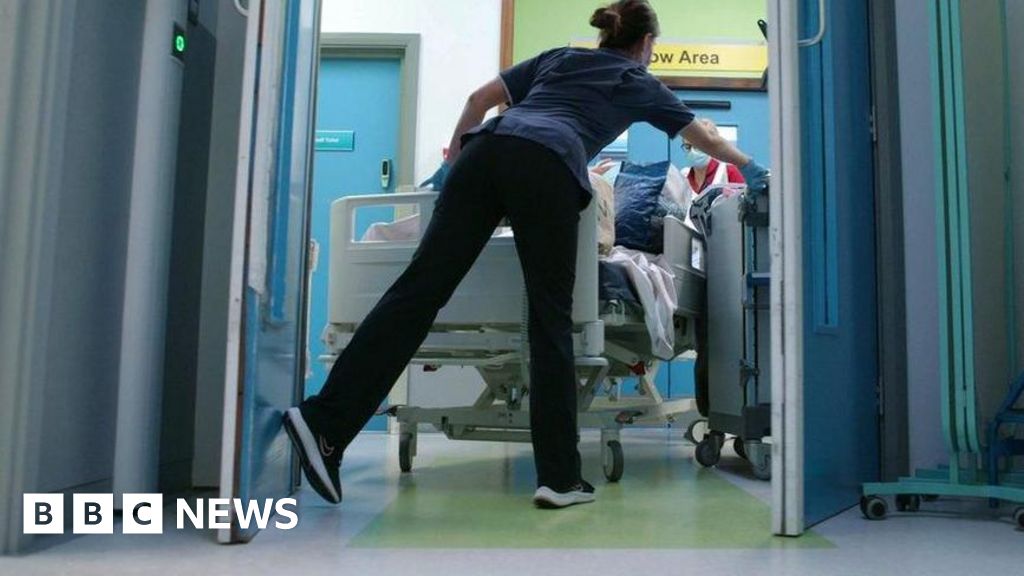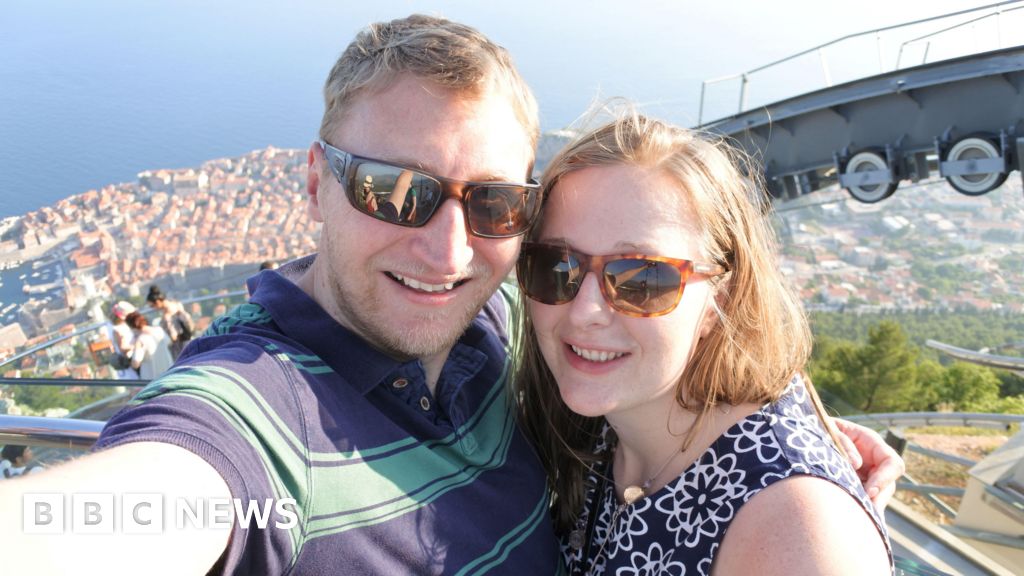ARTICLE AD BOX

 Dr Lily Huang
Dr Lily Huang
Dr Lily Huang, who works in London, supports the name change
Junior doctors working across the NHS will now be called resident doctors instead - in a change intended to better reflect their expertise.
The doctors union, the British Medical Association (BMA), which called for the change, called the term junior "infantilising and demeaning".
"Resident doctor" will refer to more than 50,000 qualified doctors working in GP practices and hospitals - some recently out of medical school and others with a decade of experience.
Health ministers say they have accepted the new name as part of a drive to "reset the relationship" between NHS doctors and the government.
It comes just days after resident doctors in England accepted the government’s offer of a 22% pay rise over two years, ending an 18-month dispute.
The BMA says many of its members said the term "junior" was confusing and wrongly implied doctors were unqualified.
Politicians had also sometimes used the term to "undersell the role", it says.

 Getty Images
Getty Images
BMA member Dr Lily Huang, who works in London and specialises in ear, nose and throat surgery, has been a qualified doctor working in NHS hospitals for seven years.
"I'm 40, I have two kids, a cat and a mortgage," she says.
"When I say, 'junior doctor', my friends and family interpret that to mean I am still at medical school.
"It takes a lot of explaining to say I'm still in training to be a consultant but am not a student."
And while "resident" is not "entirely accurate" - because many resident doctors are not necessarily resident in the hospitals they work in - it is a much better term.
"It is more neutral," Dr Huang says.
"It doesn't have an inherent value judgement in it that 'junior' does and is a little more akin to what people are used to watching [TV drama] Grey's Anatomy."
After qualifying as a doctor, Dr Huang completed two years of foundation training, two of core surgical training, three of speciality training and has three years' training left.
Some patients were confused by the term "junior", she says, as she is often responsible for a lot of care.
"For example if someone comes into the emergency room with a catastrophic nose bleed, I'll be the one to operate," Dr Huang says.
"Or on a clinic day, I will see some 20 patients and I'm often the doctor who will be asked to help if people have life-threatening problems with their airways."
A BMA committee considered many alternative terms before deciding "resident" was the most appropriate.
The term, already used in the US, Canada, Philippines, Argentina, Mexico, Brazil, Spain and Australia, reflects the role of medics "on the ground, keeping hospitals ticking" that is often highly experienced and "anything but junior", it says.
Who are resident doctors?
A resident doctor is a qualified doctor continuing some form of clinical training.
After graduating from medical school, resident doctors start their roles by completing a two-year foundation programme.
Typically, many resident doctors then enter speciality training in a particular area of medicine and surgery, or general-practice training to become a GP.
Full training can take a long time, meaning some resident doctors have more than a decade of practical experience and are responsible for many aspects of medical care.
Over the training period, resident doctors deal increasingly with patients without direct senior supervision from a consultant or GP.
A consultant is a senior doctor with overall responsibility for the care of patients in hospital.
Some doctors choose different pathways, including associate specialist and staff-grade doctors.

 3 months ago
22
3 months ago
22








 English (US) ·
English (US) ·